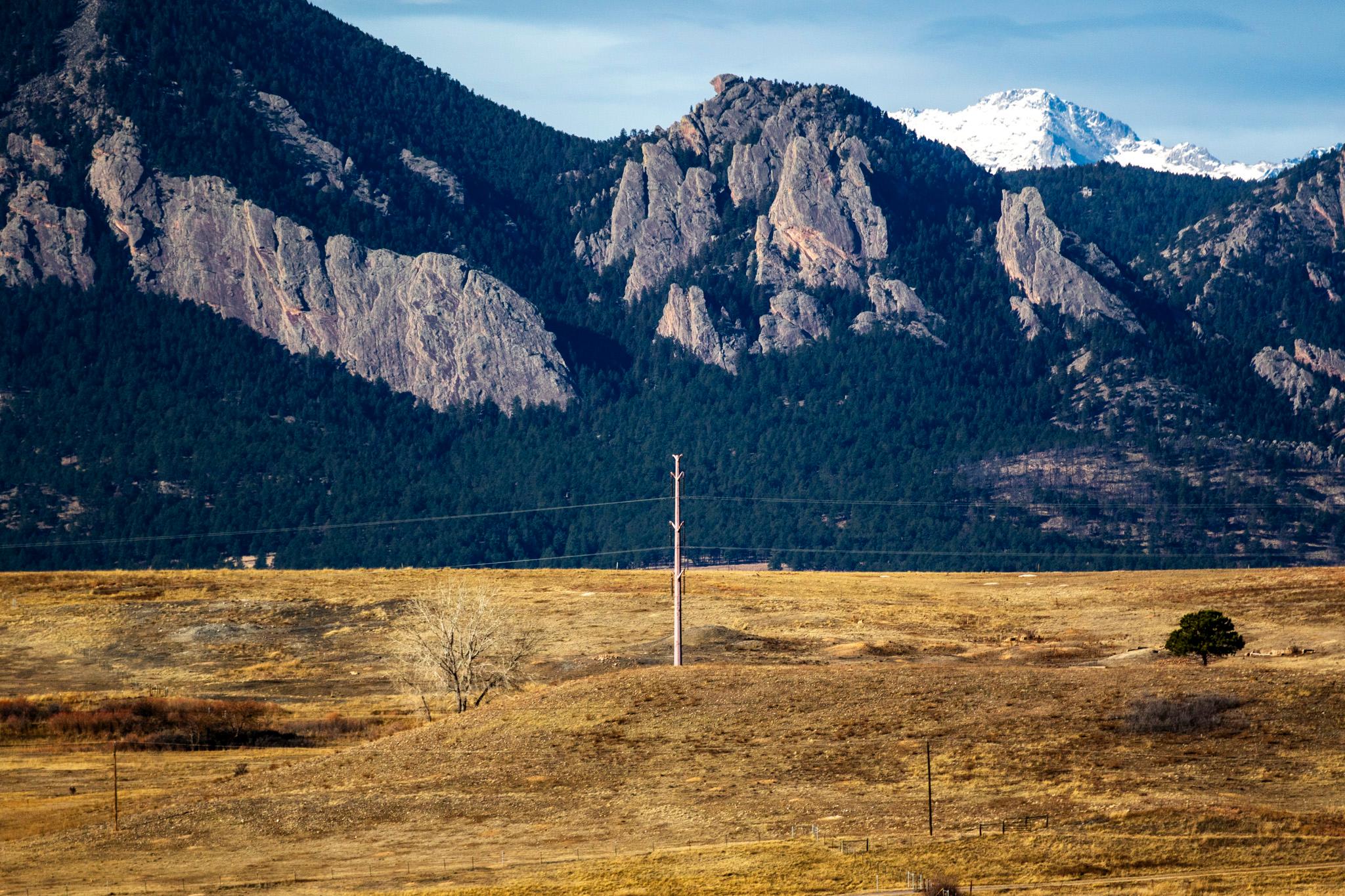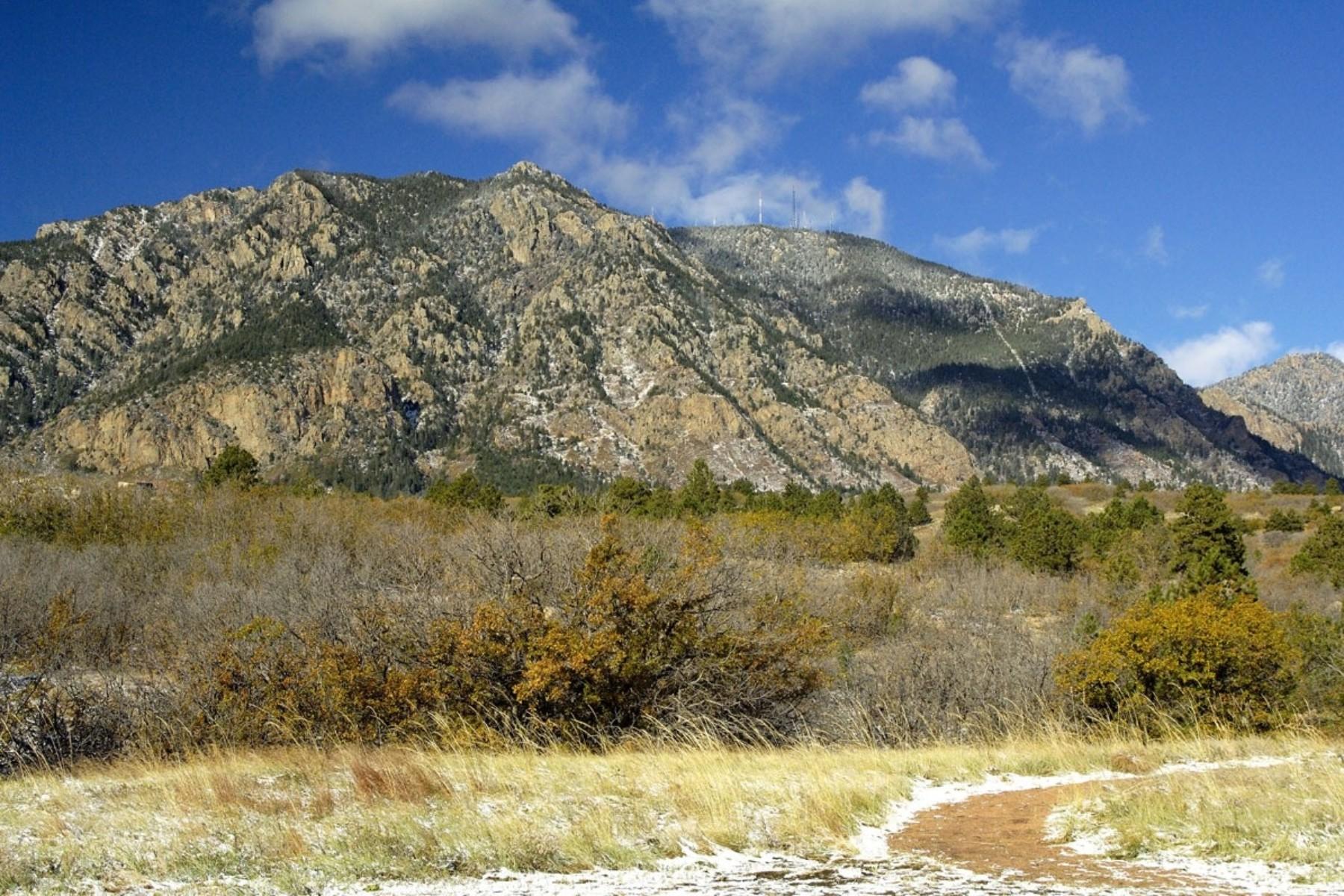
When Democrat Bill Ritter ran for governor of Colorado in 2006, he made renewable energy a big focus of his campaign. He left office in 2011 after signing 57 new laws changing the state's energy policy. He moved on to Colorado State University where he's the founding director of The Center for The New Energy Economy. And in a new book called "Powering Forward: What Everyone Should Know About America's Energy Revolution," he calls for a "bloodless but far from gutless" revolution. Ritter spoke to Colorado Matters host Ryan Warner.
Read excerpts:
Little Mystery Left While we are not certain how rapidly the impacts of climate change will escalate, little mystery remains about what they will be. More than a century of research, including the largest scientific exercise ever undertaken – the Intergovernmental Panel on Climate Change (IPCC) -- has foreseen a future of devastating drought, deadly heat, unprecedented floods, historic hurricanes, and wildfires so intense that they destroy the forests’ ability to regenerate.12 We are now observing evidence that confirms the predictions of past climate models: oceans are rising, species are migrating north and climbing to higher elevations to escape rising temperatures, and insects have turned vast forests in the American West and British Columbia into tinder where they stand. Pests and pestilence are appearing where they did not exist before. We have heard so many warnings from so many places about our ongoing disruption of the biosphere that we are in danger of becoming deaf to them. These are crises largely of our own making, prolonged by political resistance and willful ignorance that stand in the way of national action to curb greenhouse gas emissions. Climate scientists are summoned to congressional hearings today to be accused of heresy by elected leaders who deny the reality of global warming. It is as though our politics have regressed four centuries to the time of Galileo. We are better than this. And we can do better than this! We need to find common ground on which to build a prosperity based on stewardship of natural capital and environmental systems, and on the knowledge that our well-being is intimately interconnected with those systems. While we want to grow our economy and markets for our products throughout the world, we must remain stubborn stewards of our environment, leaving the next generation a future worthy of all of our technological accomplishments. We need a moral economy that recognizes our obligation to those who built and sacrificed to preserve our country in the past and to those who will inherit it in the future. The energy revolution requires that we reassert fundamental American values that transcend partisanship: conservation, independence, choice, freedom, self-sufficiency, transparency in government, duty to country, and the commitment that each generation will make life better for the generations that follow. There are selfish reasons, too. The need for a global energy revolution has been called the largest market opportunity in history. If we do not capture that opportunity, other nations will. Good Karma Does Not Count To repeat, the need for a radical transformation of our energy economy is not an indictment of fossil fuels, capitalism, industrialization, democracy, or the United States. The shift is necessary because of a historic irony: While fossil fuels have been our path to prosperity in the past, their emissions are now undermining the quality of life they helped create. It is not the industrial world’s profligate energy consumption alone that drives the urgency for action; it is also the growing international competition for energy as people aspire to the middle class, including those 1.2 billion people who do not have access to modern electric power. In my view, other nations and future generations should judge those of us who live in the United States – and we should judge ourselves – not by what we did in the past, but by what we do now to help all nations build their economies with clean and sustainable energy. We cannot count on good luck, good karma, cool new technologies, or serendipity to accomplish the disruptive shift we need in our energy and environmental policies. If we wait for climate impacts to become so destructive that all political resistance has been swept away, we will have allowed global warming to progress so far that many of its impacts will be irreversible. I do not know anyone who pretends that this transition will be easy; nor do I know any realists who believe it is not necessary. The good news is that trends and forces are at work today to make an energy revolution possible. The bottom line is that we need to accelerate and complete a transformative energy revolution in the United States. It is not the only thing we must do to secure a better future, but we cannot achieve that future without it. Reprinted from Powering Forward: What Everyone Should Know About America's Energy Revolution by Bill Ritter Jr. with permission of Fulcrum Publishing 2016. |









